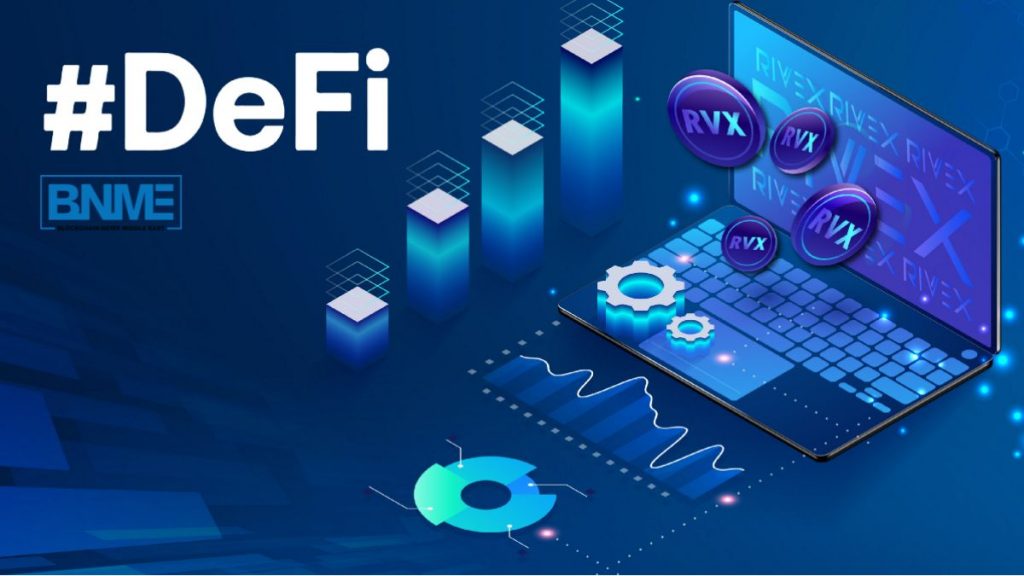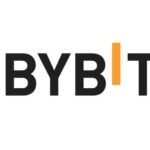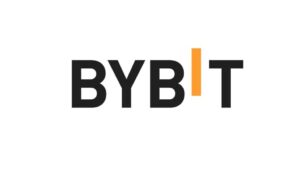DeFi is giving people more control over their financial lives_ Nadia Hewett, Co-founder of Status
The words of Nadia Hewett ring true if the nature of DeFi is to be considered. DeFi is short for Decentralized Finance, an emerging financial technology that has risen quickly to popularity due to its inherent capacities.
Decentralized Finance is a financial tech hinged largely on Distributed Ledgers; financial services which are built on blockchain and other related services. This system allows transactions without encumbrances such as charges and several restrictive legislations. There is no central authority to define the rules for DeFi, and this allows peer-to-peer digital transactions by anyone. It is predicted that, all things being equal, DeFi will replace traditional financial systems in the nearest future.
In preparation for that day, this article will analyze DeFi’s role as an alternative system for traditional investments.
How can DeFi Serve as an Alternative to Traditional Investments
Traditional investments are simply assets that funds can be directed to yield dividends, interest earned, and cash appreciation. They vary from bonds, real estate, shares, cash, and many more. Generally, the regulations and rules that guide traditional investment are provided by a central authority vested with compliance powers. While conventional investments maintain some form of cohesiveness within the sector and protect investors from malicious actors, they can also be quite restrictive in access and offer individuals minimal control.
Further, the peer-to-peer nature of DeFi allows optimum transparency, security, and less leeway for errors as it eliminates the financial institutions as middlemen. One need not be a financial genius to appreciate the place of openness and transparency the system offers. Unfortunately, the issue of transparency has continued to plague the finance industry, with many financial institutions wanting to get away with shady activities. In these instances, the DeFi system is needed as an alternative mitigatory measure. Investors can now track their investments as they would in cryptocurrency transactions. A quick perusal of the blockchain records will reveal all there is to know about the rates, appreciation, or dividends concerned.
DeFi in traditional investment becomes more thrilling when considering that it offers transparency and promises privacy. With DeFi, data is made more private and secure, and the chances of data leaks and hacks are little to nothing.
Critics have posited that investment with the DeFi system may be riskier than traditional investments. However, the alternative capacity of DeFi is prominent in this instance because the costs of traditional investment houses’ errors and human mistakes far outweigh any acclaimed risk that Decentralized Finance System may pose. Of course, there remains some tweaking and developments to be made to DeFi systems, but there is no doubt that it is set to be the next big thing in the industry, and we are here for it!
Conclusion
Having canted the numerous benefits, DeFi offers a potential alternative to traditional investment. One must remember that the system essentially does away with government control in the area concerned. As such, if anything is to be done, it is largely dependent on the actions of the stakeholders-individuals and their willingness to advocate for the system.




























